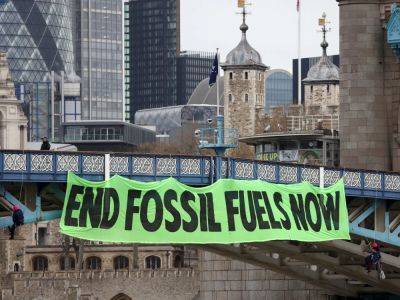Making the climate change battle inclusive
October 30, 2024
DHAKA – Equal participation of people of all genders, ethnicities and age-groups will generate more effective and sustainable outcomes
Climate change is a global crisis. Raising awareness is not enough; we must provide people with the information and tools to combat the effects of climate change. It is fundamental to engage in activism, campaigns, and advocacy and organise dialogues and conferences to discuss how to reduce the effects of climate change. To be effective and truly transformative, respect for and promotion of gender equality, women’s rights, marginalised groups, youth leadership and indigenous community must be central to climate action.
Participation in climate and environmental decision-making is a human right and the equal participation of people belonging to all genders generates more effective and sustainable outcomes. Women are underrepresented when it comes to decision-making regarding climate negotiations. At COP 28, there were only 34 percent of women across all national delegations, compared to 31 percent at COP 14 in 2008. Only two percent of the delegations at COP 28 had an equal number of men and women, while 79 percent had more men than women, representing the ongoing disparity in women’s participation in climate negotiations.
Besides, there is still the Sustainable Development Goals financing gap estimated at $4 trillion annually for developing countries, with the Global South being affected disproportionately. Loss and damage are closely related to the concept of “just transition” and equity because the world’s most climate-vulnerable countries are often the lowest contributors to climate change, yet heavily affected by it. With COP 29 ahead, there is an urgent need to agree on







